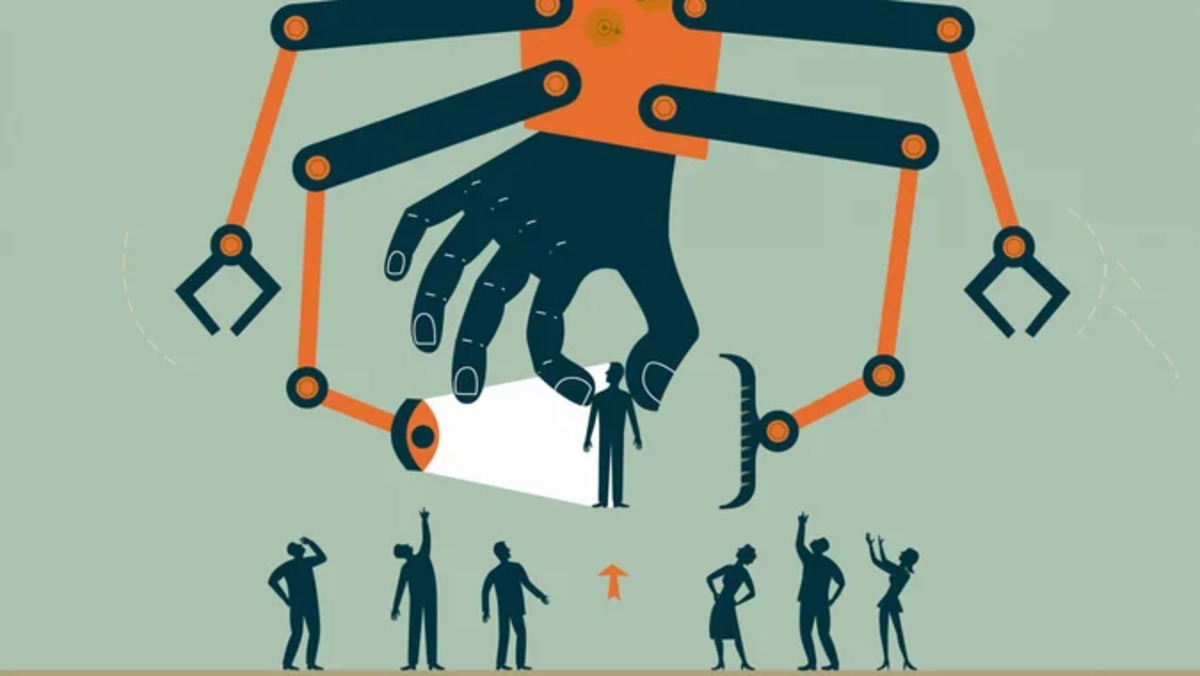Will Robots Steal Our Jobs? The Truth About Automation
The growth of automation and artificial intelligence (AI) has sparked a significant concern: will robots take over our jobs? Images of futuristic factories with robots performing complex tasks and deserted office buildings paint a dystopian picture. While automation undoubtedly transforms the workforce, the reality is far more nuanced. This article dives into the truth about automation, exploring its impact on jobs, the skills that will remain valuable, and how we can adapt to this evolving landscape.
A Wave of Automation is Reshaping Industries
Automation has been around for decades, revolutionizing industries like manufacturing and agriculture. Today, AI is pushing the boundaries even further. AI-powered robots are already performing complex tasks in various sectors, from surgery to customer service.
Not All Jobs Are Created Equal: Automation’s Impact
The impact of automation on jobs varies significantly across industries and occupations. Here’s a breakdown:
- High-Risk Jobs: Repetitive, manual labor jobs with high predictability are most susceptible to automation. Assembly line workers, cashiers, and data entry clerks face a higher risk of job displacement.
- Mid-Risk Jobs: Jobs that involve a combination of routine tasks and some level of decision-making may see partial automation. Truck drivers may use self-driving technology on highways. At the same time, accountants may have AI-powered software to handle basic bookkeeping tasks.
- Low-Risk Jobs: Jobs requiring innovation, analytical thinking, emotional intelligence, and social skills are less likely to be fully automated. Doctors, teachers, therapists, and artists will continue to be in high demand.
Also read: How Your Outfit Can Impact Your Career
Automation Creates New Opportunities While Displacing Jobs
While some jobs will undoubtedly be displaced by automation, it’s important to remember that it creates new opportunities. Here’s how:
- New Roles in Automation: The development, maintenance, and operation of autonomous systems will require new job roles in engineering, data science, and robotics expertise.
- Augmented Workforce: Automation will likely take over many routine tasks, allowing employees to focus on more advanced abilities like problem-solving, innovation, and creativity.
- Shifting Skillsets: The automation wave will demand a workforce with a different skill set. Adaptability, critical thinking, digital literacy, and collaboration with AI will be crucial assets.
Preparing for the Future of Work: Upskilling and Reskilling
So, will robots steal our jobs? The answer is not a simple yes or no. Our jobs will undoubtedly change, and we must be prepared to adapt.
Here are some ways we can prepare for the future of work:
- Embrace lifelong learning: Continuous learning is crucial in the age of automation. Invest in online courses, workshops, or certifications to develop in-demand skills.
- Focus on soft skills: Develop your communication, collaboration, critical thinking, and problem-solving skills. These uniquely human skills will remain valuable in an AI-driven future.
- Stay adaptable: Be open to new opportunities and the possibility of changing careers. Develop a growth mentality that embraces change and learning.
Rethinking Education and Training Systems
The education and training systems also need to adapt to prepare individuals for the future of work. Here’s how:
- Focus on STEM education: Strengthening science, technology, engineering, and math (STEM) education at all levels can provide people with the technical skills needed for AI-driven jobs.
- Developing soft skills training: Educational institutions should integrate courses fostering critical thinking, problem-solving, and communication skills alongside technical skills.
- Lifelong learning programs: Create accessible and affordable lifelong learning programs to facilitate continuous skill development for individuals throughout their careers.
Also read: Self-Care Rituals: Simple Practices for Daily Stress Relief
Collaboration Over Competition: Humans and AI
The ideal future of work is not humans versus machines but humans and machines working collaboratively. We can leverage the power of AI to automate repetitive tasks, freeing ourselves to focus on what we do best: innovating, solving complex problems, and demonstrating empathy.
Embracing automation and AI requires a multi-pronged approach. Individuals need to upskill and reskill, while education systems need to adapt. Governments and businesses also play crucial roles in developing policies that support and create a smooth transition for employees whose jobs are impacted by automation.
A Future of Opportunity and Innovation
Automation is not a harbinger of doom and joblessness. It is an opportunity to create a more efficient and productive work environment where humans and machines complement each other. By embracing lifelong learning, developing the right skillset, and fostering collaboration with AI, we can ensure that this new era of automation leads to a future of growth, innovation, and shared prosperity.

